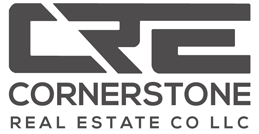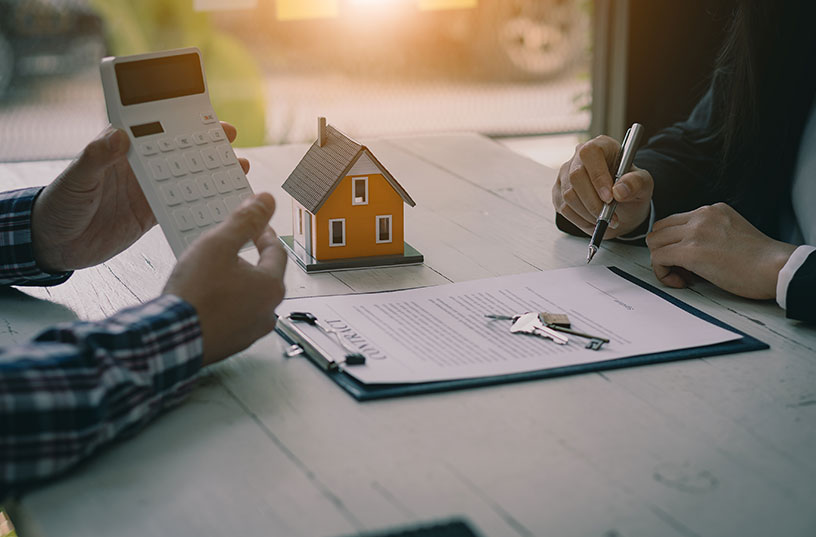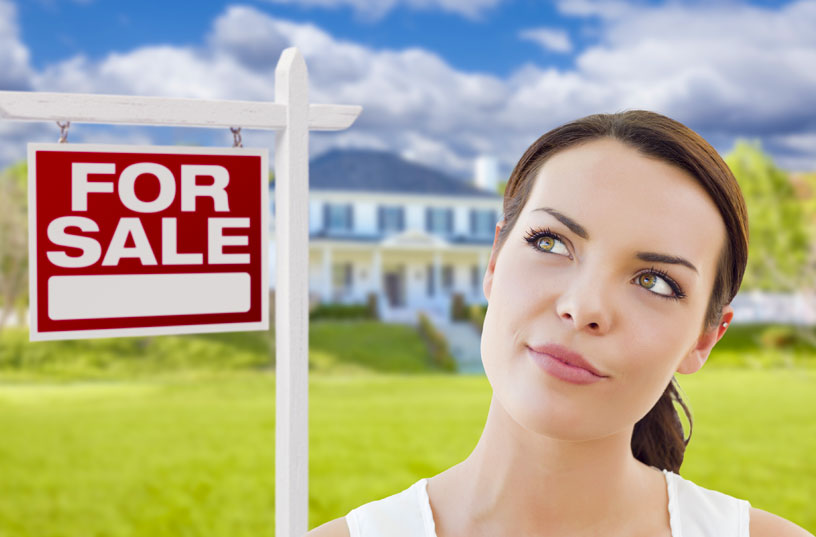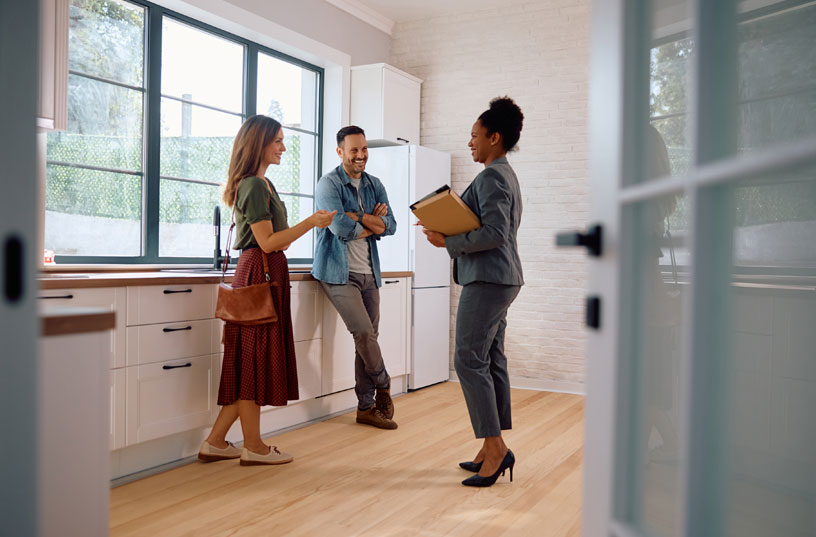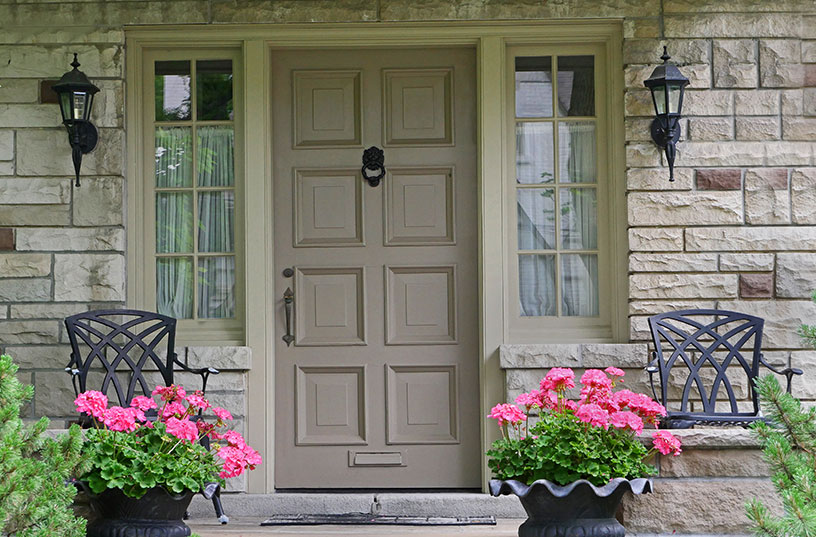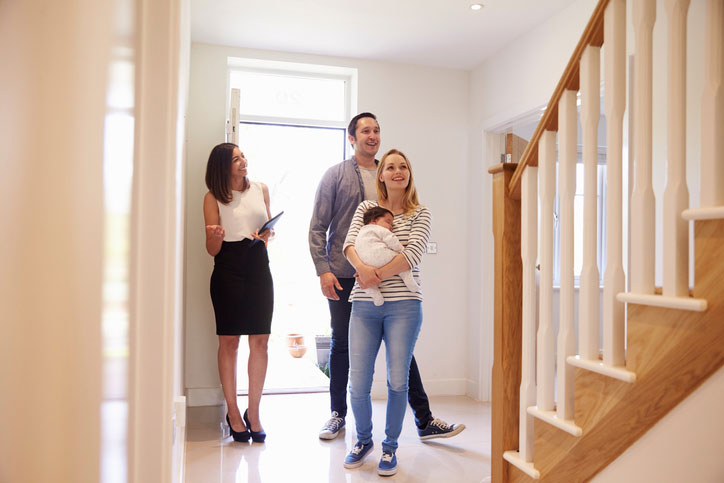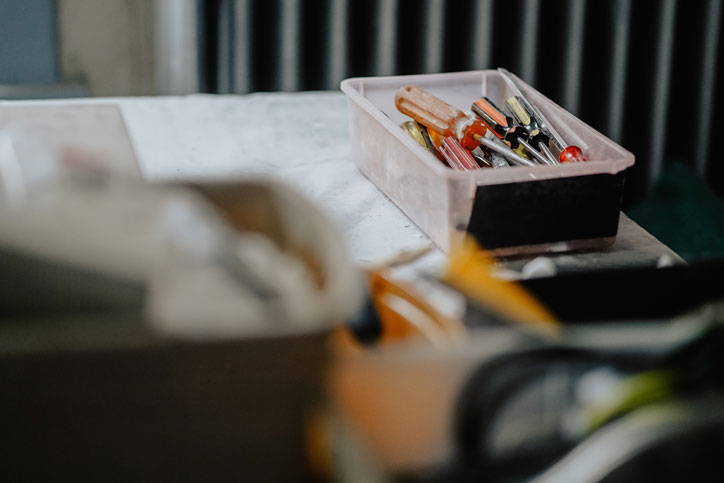For most people, buying a home is the biggest investment they’ll make in their lifetime. Owning a home is a great investment because it’s a long-term asset that, more often than not, appreciates in value. This investment has a lot to do with the equity you have in your home, which is the dollar amount of your home that you own free and clear. In other words, it’s the difference between the value of your home and the amount you owe on your mortgage.
For example, if the value of your home is $250,000 and you owe $150,000, your equity is $100,000. You can build equity in your home by increasing your home’s value (i.e., through home improvements) or decreasing the amount you owe on your mortgage. As you pay down your mortgage, the amount of equity you have in your home grows. You can also maximize your equity at the time of purchase (see tips below).
Why Equity is Important
When you build equity in your home, it increases the amount of money you may be able to use now or in the future. You can borrow from your equity as a loan (i.e., home equity loan) for things like home improvements or college tuition, or you can create long-term wealth by selling your home for more than you owe. Building equity in your home also increases your net worth, which is what you own (assets) minus what you owe (liabilities).
Tips to Maximize Home Equity
#1. Make a big down payment.
The quickest way to increase equity is by making a sizable down payment at the time of purchase. When financing a home purchase, you’re required to pay a minimum down payment, which is typically 3%-3.5% of the purchase price, depending on the type of loan you receive. In some cases, the minimum down payment can be as high as 20%. If you’re able to make a bigger down payment than the minimum required, you’ll instantly boost your equity. It will also result in a lower monthly mortgage payment.
#2. Pay for closing costs out of pocket.
Most lenders offer to roll any closing costs into your mortgage. Since these costs can quickly add up to thousands of dollars, it’s a tempting offer. However, adding closing costs into the mortgage adds to your monthly payments without reducing the principal. When you pay closing costs upfront, you’ll increase your equity because more of your payment is going toward the principal each month.
#3. Get a shorter loan term.
By getting a 15-year mortgage instead of a 30-year mortgage, you’ll pay the loan off earlier, while saving thousands of dollars in interest payments and building equity much faster. Of course, shorter loan terms mean higher monthly payments because you have less time to pay off the balance of the loan. If you can’t afford a shorter loan term at the time of purchase, you may want to refinance down the road. Many people start off with a 30-year mortgage, and as personal finances change or interest rates decrease, switch to a 15-year mortgage.
#4. Make extra mortgage payments.
If you can’t afford to secure a shorter-term mortgage, you may want to consider making extra payments on your mortgage. Again, this will help you pay your mortgage off faster, increase equity, and save on interest. One way to do this is by switching to bi-weekly mortgage payments versus monthly payments. This switch adds one extra mortgage payment each year. It may not sound like much, but this extra payment could result in paying off your mortgage 6-8 years earlier. You may also consider making extra mortgage payments with bonuses, tax refunds, or other extra cash.
#5. Get rid of mortgage insurance.
Private mortgage insurance (PMI) is a fee that the lender charges you to protect its investment if you default on your loan. When purchasing a home, you can avoid PMI by putting at least 20% down. If that’s not doable, you can eliminate PMI later when you have at least 20% equity in your home. Getting rid of PMI helps you build equity faster, because it’s added to your monthly mortgage payment but doesn’t go toward the principal balance of the loan. Once you have at least 20% equity in your home, you can contact the lender and request your PMI be removed. Once you have 22% equity in your home, your PMI will be removed automatically.
#6. Buy a home that needs improvements.
Increasing the value of your home is the other side of the equity coin. Remodeling or making updates can increase your equity by increasing your home’s value. Major updates, such as kitchen and bathroom remodels offer the biggest return on investment, but there are other less expensive ways to build value. Installing energy-efficient appliances, replacing worn carpeting, adding a fresh coat of paint, or increasing curb appeal with landscaping can make a big difference when it comes to resale value. In fact, research shows that replacing a garage door can provide a 93.3% return on investment! If you’re handy and enjoy this type of work, or you can afford to hire it out, buying a home that needs a little (or a lot) or love can help you build equity. Before making any major remodels, do a little research or consult with a real estate agent to get an idea of what improvements provide the best return.
Of course, most houses increase in value over time, so simply waiting can build equity. This happens because the property itself appreciates in value since land is limited. Housing supply and demand, the market value of other homes in the area, commercial development, and general economic trends can all cause home values to increase – and in some cases, decrease. Keeping your home in good repair and waiting for the right market conditions can help you get the most out of your home when selling. Whatever the circumstances, working with a real estate professional who can provide guidance is a good idea.
